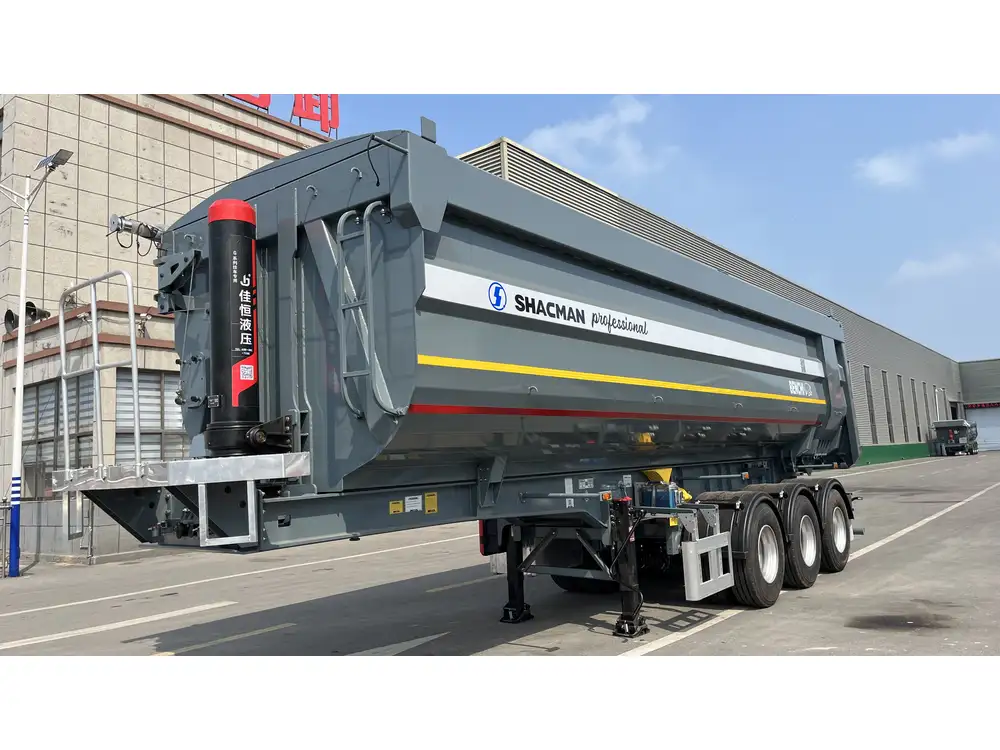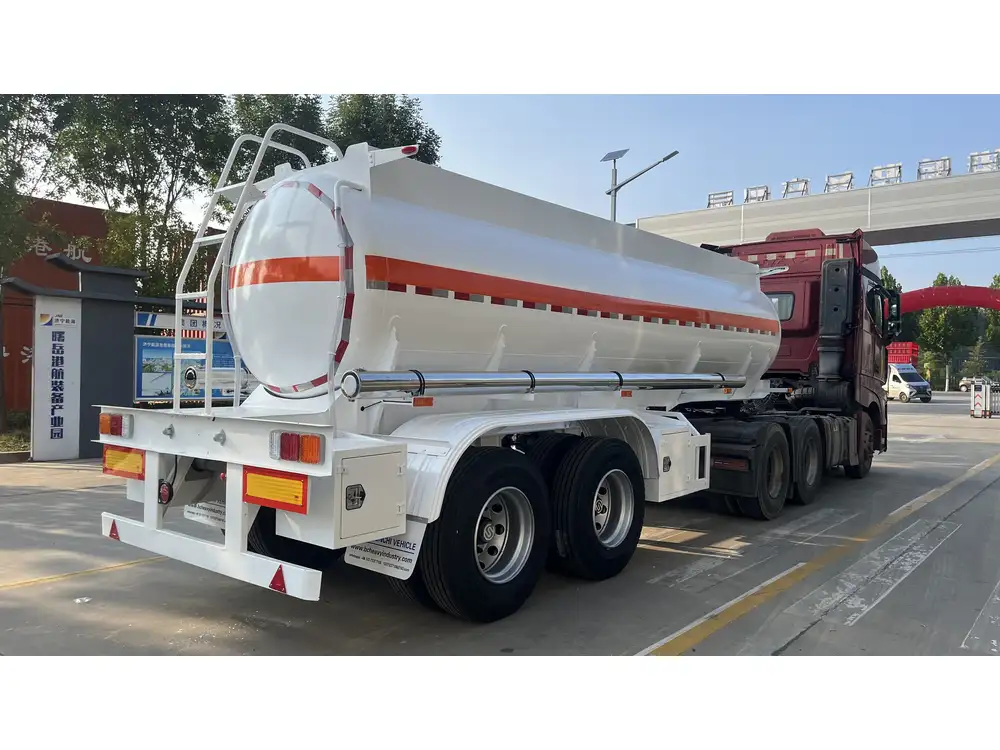Introduction: Understanding the Septic System
Septic systems are an essential component of many residential setups, particularly in rural or semi-urban areas where municipal sewage is not available. This underground wastewater treatment structure handles the effluent from household toilets, sinks, showers, and appliances, facilitating effective waste management. Understanding how septic tanks operate is vital before considering any unconventional uses, including hooking a trailer to a septic system.
What Is a Septic Tank?
A septic tank is a water-tight chamber situated underground, where wastewater undergoes initial treatment before being discharged into a drain field. The system can generally be broken down into three components:
- Inlet Pipe: This pipe transports wastewater into the tank.
- Septic Tank: Here, the wastewater enters, where solids settle at the bottom (sludge), oils float to the top (scum), and liquid effluent exits.
- Drain Field: The effluent disperses into the soil for further filtration and treatment.
The Risks of Connecting a Trailer to a Septic Tank

1. Potential for Contamination
Connecting a trailer to a septic tank poses significant risks. The primary concern revolves around contamination. Introducing foreign substances, including waste from a trailer, can lead to:
- Polluted Groundwater: The overflow of waste can seep into nearby water sources, promoting harmful bacteria and potentially endangering public health.
- Environmental Damage: Contaminated waste that enters the soil can disrupt local ecosystems, affecting plants and wildlife.
2. Structural Damage to the Septic System
Septic systems are engineered for specific loads. Adding external connections, like a trailer, can lead to:
- Overburdening the Tank: An overload can compromise the efficiency of the system, leading to failure.
- Clogs and Backups: Mixing various waste types can create clogs, necessitating costly repairs or complete system replacement.
3. Legal and Regulatory Violations
Engaging in non-standard practices with septic systems can have legal repercussions:
- Violation of Health Codes: Many jurisdictions have strict regulations regarding waste management. Unauthorized hookup to a septic tank can result in fines and additional penalties.
- Insurance Issues: Homeowners may face difficulties with insurance claims pertaining to damages caused by illegitimate uses of septic systems.

Guidelines for Using a Trailer in Relation to Septic Systems
Alternatives to Waste Disposal
It’s crucial to explore legitimate means of waste disposal from trailers that can ensure compliance and safety. Consider the following alternatives:
- Portable Toilets: Renting portable toilets can be an effective way to manage waste during outdoor events or stays without risking tank integrity.
- Waste Disposal Services: Many services cater specifically to trailer waste disposal; using them ensures the integrity of your septic system remains intact.
Maintenance Tips for Septic Systems
Preventative maintenance is key to ensuring the longevity and efficiency of your septic system. Here are essential practices to consider:
Routine Inspections
Regularly scheduled inspections by certified professionals help identify early signs of problems. Typical intervals recommended range from 1 to 3 years, depending on usage and local regulations.Pumping and Cleaning
To maintain optimal performance, septic tanks should be pumped and cleaned every 3 to 5 years. This prevents sludge buildup, which could impair functionality.

3. Water Management
Usage patterns of water can significantly affect your septic system. Here’s how to manage it effectively:
- Spread Water Usage: Instead of heavy usage all at once, spread appliance uses throughout the week.
- Fix Leaks: Promptly repairing leaks in faucets and toilets can save a significant amount of water, thereby preventing overload.
- Use Biodegradable Products
Opt for biodegradable cleaning products and toilet papers. Chemicals and non-degradable products can disrupt the natural balance essential for proper septic function.
When to Consult Professionals
Key Signs You Need Professional Assistance
Understanding when it’s necessary to consult professionals is critical. Homeowners should be vigilant for the following signs:
- Slow Drains: If water is draining slowly, especially from toilets or sinks, it can indicate potential blockages.
- Sewage Odors: The presence of unpleasant smells around your septic tank is a clear indicator of a problem.
- Pooling Water: Find wet spots or pools of water near the drain field, which could signify a failing system.

Conclusion: Prioritizing Health and Safety
In light of the mentioned points, the answer to whether you can hook up a trailer to a septic tank is a definitive no. The potential risks and legal implications far outweigh any perceived convenience. Homeowners should prioritize maintaining their septic systems through effective management and utilizing alternative waste disposal methods when necessary.
Table of Recommended Practices
| Practice | Description | Frequency |
|---|---|---|
| Septic System Inspection | Professional check-up for damage or clogs | Every 1-3 years |
| Pump & Clean | Removal of sludge and scum | Every 3-5 years |
| Water Usage Management | Spread out heavy water use | Continuous |
| Use of Biodegradable Products | Safe products to not disrupt septic function | As needed |
Frequently Asked Questions (FAQs)

1. Can I add extra fixtures to my existing septic system?
Yes, but it’s essential to consult with a professional to ensure that the system can handle the additional load.
2. What materials should never go down a septic system drain?
Avoid flushing non-biodegradable items, such as wipes, feminine hygiene products, and excess grease.
3. How can I determine if my septic tank needs pumping?
Signs include slow drains, sewage odors, and presence of water around the tank area. Regular inspections can also help determine this.

4. Is it safe to use an RV dump station?
Yes, RV dump stations are designed specifically for safely disposing waste from recreational vehicles, making them a suitable alternative.
Takeaway
In summary, while the speculation of hooking a trailer to a septic tank may arise, it is paramount to adhere to proper waste disposal practices. Maintaining a septic system ensures safety, health, and environmental protection. Engaging in responsible practices will not only safeguard your home but will also protect local water sources, ultimately benefiting the community at large.



